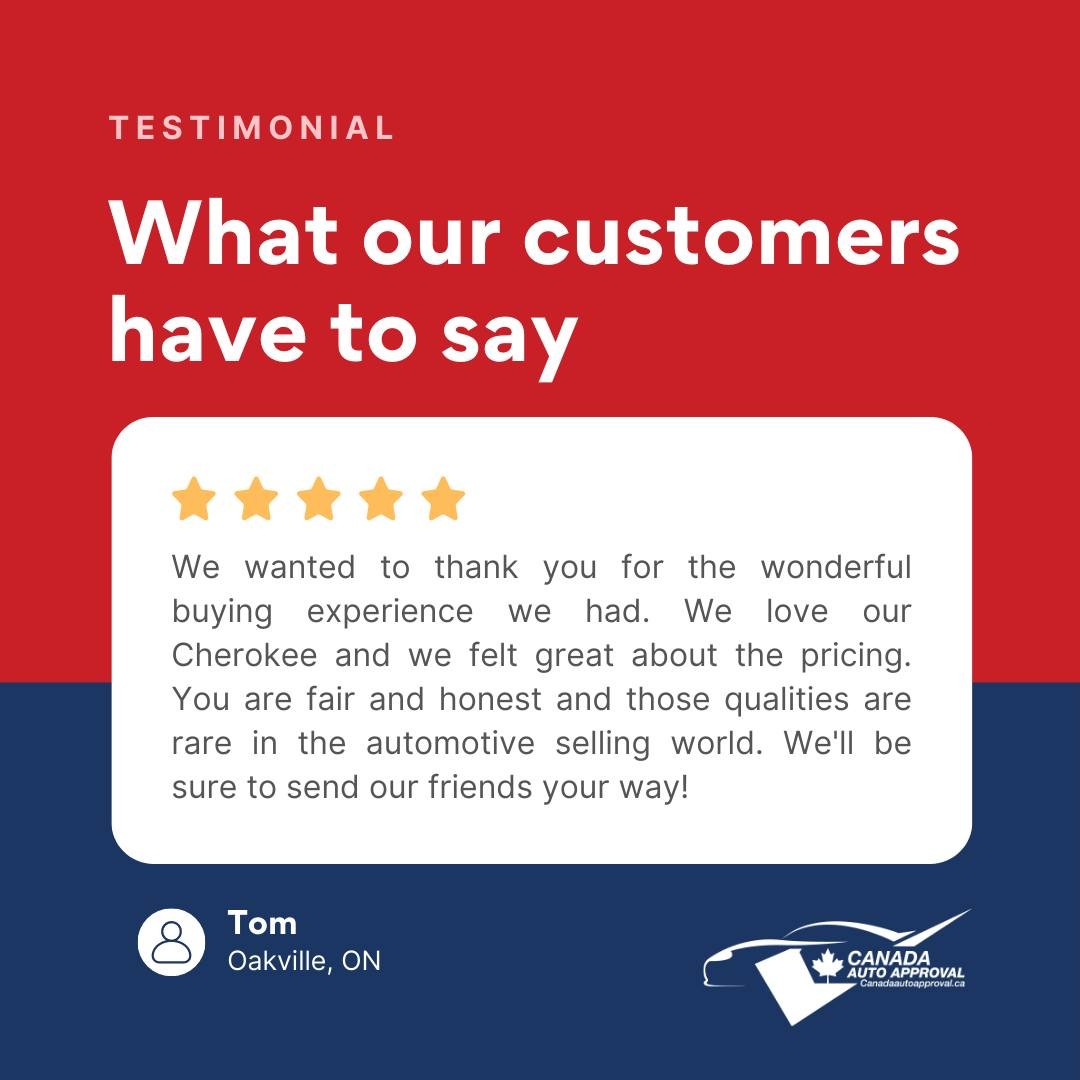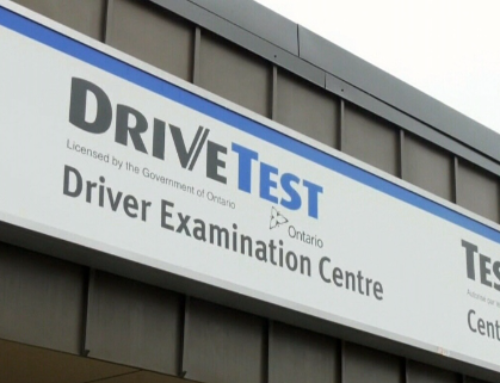7. Can I See the CARFAX Report?
A CARFAX report provides a comprehensive overview of the vehicle’s history, including:
- Ownership History: Number of previous owners and duration of ownership.
- Accident History: Detailed records of any reported accidents.
- Service History: Records of maintenance and repairs.
- Title Information: Status of the car’s title, including any salvage or rebuilt titles.
Why It Matters
The CARFAX report offers valuable insights into the car’s past, helping you make a more informed decision.
8. What Are the Total Costs of Ownership?
Beyond the purchase price, owning a car involves several ongoing costs. Ask about:
- Insurance Costs: How much will it cost to insure the car? Insurance rates vary based on the car’s make, model, and year.
- Fuel Efficiency: What is the car’s fuel economy? Higher fuel efficiency means lower ongoing fuel costs.
- Maintenance and Repairs: What are the typical maintenance and repair costs for this model? Some cars are more expensive to maintain than others.
- Depreciation: How well does this model hold its value over time?
Why It Matters
Understanding the total costs of ownership helps you budget accurately and avoid financial surprises.
9. Is the Price Negotiable?
Used car prices are often negotiable. Ask the seller if there’s room for negotiation and be prepared to discuss:
- Market Value: Research the fair market value of the car using resources like Kelley Blue Book or Edmunds.
- Condition: Highlight any issues or repairs needed that could justify a lower price.
- Competing Offers: Mention other similar cars you’ve seen at lower prices to strengthen your negotiating position.
Why It Matters
Negotiating the price can save you money and ensure you get the best deal possible.
10. Are There Any Recalls on This Model?
Recalls address safety issues and defects identified by the manufacturer. Ask if there are any open recalls on the car and whether they’ve been addressed.
Why It Matters
Ensuring that all recalls have been addressed is crucial for your safety and the car’s reliability.
11. What’s the Return Policy?
Understanding the return policy can provide peace of mind. Ask the dealer about:
- Return Window: How long do you have to return the car if you encounter issues?
- Conditions for Return: Are there specific conditions that must be met for a return, such as mileage limits or no damage?
- Refund Terms: Will you receive a full refund or store credit?
Why It Matters
A clear return policy offers protection and flexibility, reducing the risk of buyer’s remorse.
12. What Financing Options Are Available?
If you plan to finance your used car purchase, ask about the available options:
- Interest Rates: What interest rates do they offer, and how do they compare to your bank or credit union?
- Loan Terms: What are the terms of the loan (e.g., length, monthly payments)?
- Down Payment: How much is required for a down payment?
- Prepayment Penalties: Are there any penalties for paying off the loan early?
Why It Matters
Understanding your financing options helps you choose the best financial arrangement and avoid unfavorable loan terms.

















